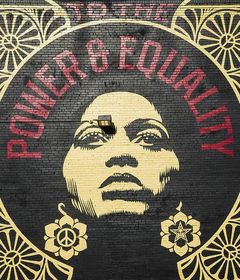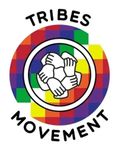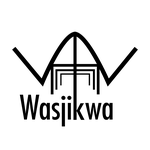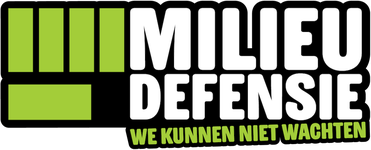In relation to October 12th, we are organising the yearly Indigenous Liberation Day in the run-up to the solidarity march and demonstration on October 14th. During this event, we will have cultural performances, panels and international speakers joining us. Together we’ll reflect upon the day that Columbus invaded Abya Yala (the American continent) in 1492. A date that marks the symbolic beginning of European colonialism. Resulting in the breakdown of the right to self-determination, identity and culture of Indigenous People worldwide. Indigenous land defenders are still displaced and killed; rivers and the environment are being polluted; and land is being colonised for large multinationals. The result is the current climate crisis. Therefore, it is time for reparations, justice and decolonisation! This festival offers a platform for reparatory perspectives on the climate crisis, inter-generational healing, cultural values and solidarity. One of the central themes for this year will be about returning land to Indigenous People and ending the unlawful and ongoing ‘Doctrine of Discovery’.
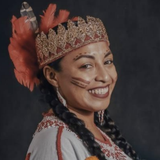
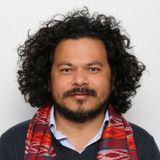
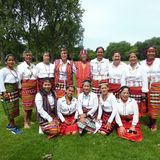
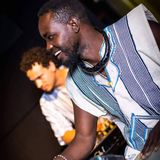
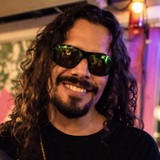
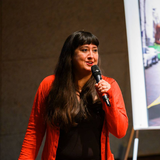

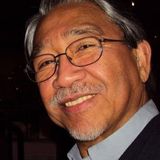

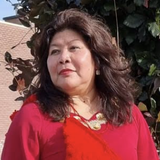
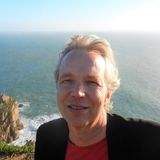
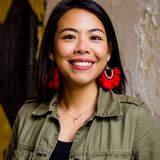
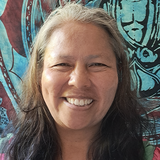
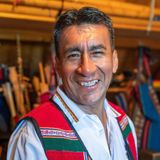
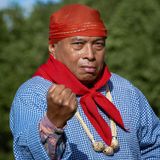
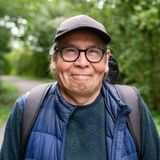
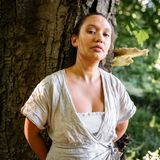
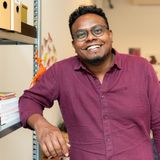

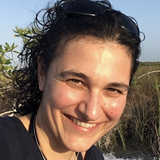
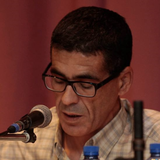
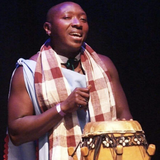
Half an hour before you can already walk-in. We will have a market place where you can buy traditional hand crafts from Indigenous and Marron communities. Amongst other’s there will be a stand of Aralez , Tribes Movement, Majeeda and Wasjikwa
International speaker Shermaine Morina Artist will open the evening with a keynote speech in which we will also announce the 80/20 crowdfunding campaign for indigenous frontline communities in Suriname in relation to defending their land rights and resistance against ongoing colonisation. Next to this we wil have a cultural performance by Roberto Callisaya Hilara.
Tijdens de plenaire opening zullen we een Internationale gastspreker Shermaine Morina Artist aan het woord laten en middels de 80/20 crowdfunding campaign een fundraising doen voor een Inheemse frontlinie gemeenschap in Suriname. Daarnaast zullen we cultureel optreden hebben van Roberto Callisaya Hilara
Colonialism has fundamentally changed the way we treat the land and how we produce and consume our food today. During this session we will analyse how traditional forms of agriculture and food systems are different from modern/colonial forms of agricultural systems and food production. Also we will talk about the way that we live with land and oceans and the way this also influences the way we build our communities and reflect on what lessons we can learn from Indigenous communities when it comes to community living and building relationship with land rather than against or on the cost of land/territory and oceans. Speakers are Henkjan Laats, Yacqueline Mijnssen, Brijlal Chaudhari and Farah Obaidullah and Max Arto de Ploeg
Inheemse Volkeren hebben naast structurele genocide en landroof ook te maken gehad met cultuurvernietiging en assimilatiebeleid vanuit staten en onderwijs. Tijdens deze break-out gaan we in gesprek met diverse Inheemse gemeenschappen over de impact van deze koloniale geschiedenis op hun culturele identiteiten. Daarnaast willen we het gesprek aangaan over het belang een plek in Amsterdam waar Inheemse talen, kennis en culturen kunnen worden uitgedragen en doorgegeven aan toekomstige generaties. Want hoe komt het dat er geen plek is voor Inheemse Amsterdammers om hun cultuur te kunnen uitdragen maar dat dit er wel is voor andere geloofs en levensbeschouwingen? We gaan in gesprek met Sherlien Sanches, José Tojo, Said Bouddouft en Angelique Arrindell-Stjura
This year we will have our second edition of the Indigenous Dreams Exposition with interviews and photos of Indigenous diaspora in the Netherlands. The project aims to make visible the existence and experiences of communities and ancestors that have been made invisible due to colonialism and nation states. Complimentary to the photo exposition we will go into conversation with the Indigenous participants of the exhibition and visitors to discuss the meaning of self-determination from an Indigenous perspective. The exposition and dialogue is produced by Chihiro Geuzebroek & Mia Tengco. During this session you can enter into dialogue with Ayesha Slater, Richard Toppo, Shanthuru Premkumar, Juan Manque, Roberto Calisaya, Semuel Sahureka.
It is a global problem that our caretakers of mother earth who are the frontline Earth defenders of our ecosystems are being killed by security companies and states to make room for multinational companies. During this break-out session we will go into smaller circle conversations with human rights organisations, Indigenous diaspora and solidarity organisations. The goal of the session is to see how we can support the frontline communities and support existing campaigns that aim to protect our earth defenders. Join us together with Shermaine Morina Artist, Chautuileo Tranamil, Daniel Esteban and Cesar Taguba
Background information on October 12th
On the 12th of October, 1492, Cristobal Columbus arrived on Turtle Island/Abya Yala (read: American continent), where colonial settlers and conquerors of European descent first came into contact with the Indigenous Peoples of those lands. This date marks the symbolic beginning of a catastrophe for Indigenous Peoples worldwide: a period of relentless colonisation for more than 500 years. It marks the beginning of genocide, robbery and oppression. That is why it is important not only to celebrate this day but also to reflect on the continuing struggle for decolonisation and reparations. This is why, every year, we join forces and tell a different narrative. A narrative that moves away from the nationalist narrative that portrays ‘discoverers’ as heroes. Indigenous Liberation Day is organised on a yearly basis with the Indigenous Diaspora, solidarity organisations and activists.
Aftermovie 12 October 2022
